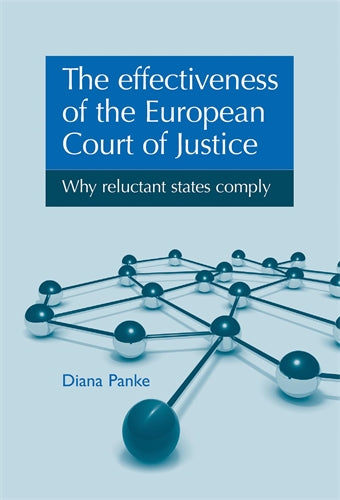Description
Unlock the complexities of compliance with 'The Effectiveness of the European Court of Justice'. This insightful book explores the role of the European Court of Justice (ECJ) in ensuring adherence to international law among member states. In an era where international norms are pivotal, understanding the effectiveness of judicial bodies like the ECJ is crucial. The book delves into how the ECJ leverages judicial discourses, authoritative judgments, and strategic sanction threats to compel compliance, even amidst reluctance from states. Gain insights into the conditions under which the ECJ successfully navigates compliance crises and resolves norm violations. Key concepts discussed include the interplay of interpretational scope and domestic ideas which significantly affect legal outcomes. With a comprehensive analysis of specific case studies, this book demonstrates the ECJ's resilience in the face of non-compliance and offers a thought-provoking perspective on international laws and their enforcement. Whether you're a law student, legal practitioner, scholar, or a curious reader, this essential resource is a must-have for understanding the dynamics of international justice and compliance mechanisms. Don’t miss the chance to enrich your understanding of the ECJ's effectiveness in promoting adherence to European law. Order now to access this pivotal discourse on international legal compliance!

